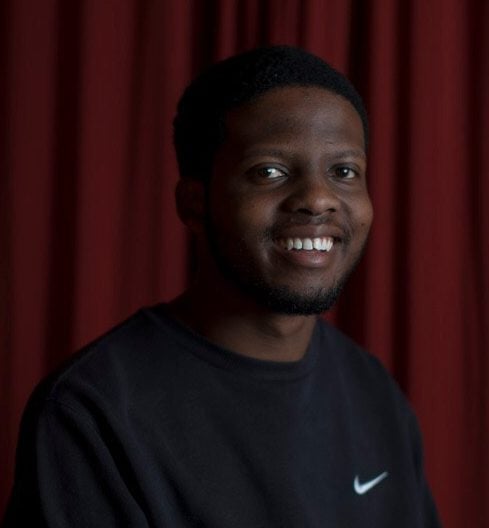NEWS
November 5, 2019

IN BRIEF
Documentaries can generate some of the most enriching experiences in any form of filmmaking. You wrap your hands around a camera and the world opens in front of you to be recorded, beautified, chiselled and then seen and interrogated by various pairs of curious new eyes. Tsogo Kupa takes a closer look at the impact of documentary filmmaking It’s easy to be seduced by the camera; to wilfully turn a blind side to ethics because you feel, as the filmmaker, that a certain shot needs to be in your film, because that’s your ultimate priority: a film. So, as blasphemous […]
SHARE
Documentaries can generate some of the most enriching experiences in any form of filmmaking. You wrap your hands around a camera and the world opens in front of you to be recorded, beautified, chiselled and then seen and interrogated by various pairs of curious new eyes. Tsogo Kupa takes a closer look at the impact of documentary filmmaking
It’s easy to be seduced by the camera; to wilfully turn a blind side to ethics because you feel, as the filmmaker, that a certain shot needs to be in your film, because that’s your ultimate priority: a film. So, as blasphemous as this may sound, my experience as a Film Fellow for Integrity Icon South Africa has taught me there are many things more important than “a film”.
I’m still a filmmaker in training and it’s meant that I’ve spent a lot of time absorbing lectures, articles and academic papers on what documentaries are, how you should make them, and the ethics underlying them. And yet it’s hard to find chapters, pages, or sentences that shed light on the humbling reality of making films and the raw experience of the world that this process often brings.
I’ve learned throughout the Film Fellowship experience that documentary filmmaking shouldn’t be fixated on the artist as an individual but rather should strive to be a medium where people, especially those in front of the camera, have to come first at all times. It’s a medium that requires the filmmaker to surrender themselves to the people, and allow them to colour your story and become your writers. Unfortunately, this isn’t how you become Martin Scorsese. But Martin Scorsese is already taken anyway, and maybe we need more people willing to become invisible to shed a spotlight on those in the shadows. In any case, I’d like to be one of those people.
In filming the work and lives of our Integrity Icons, we heard the phrase “Batho Pele” many times in our interviews with them. It’s a Sesotho phrase that means “people first” and served as the guiding principle for many of our icons. It’s a philosophy I’ve come to respect and value dearly.
It’s easy to view your career through an individualised lens; to think of your role as an artist as one where nothing trumps your artistic vision. It’s equally difficult to break out of that framework, and to prioritize the significance of moving in harmony with people instead of being at the head of a line. Having the opportunity to highlight the important work of our Icons and, within their teams, observing their resilience in challenging environments, has taught me the value of community and humility. These are lessons that I couldn’t have learned any other way.
It’s true that no person is an island. And neither is the art of filmmaking.
Tsogo is a student currently in his 3rd year of study for a Bachelor’s of Arts degree in Film & Television at the University of the Witwatersrand. Tsogo participated as a Fellow in this year’s Integrity Icon Film Fellowship. His work is underscored by a desire to share forgotten and unheard stories of South Africa. In doing so, he hopes to create authentic African visual media.
